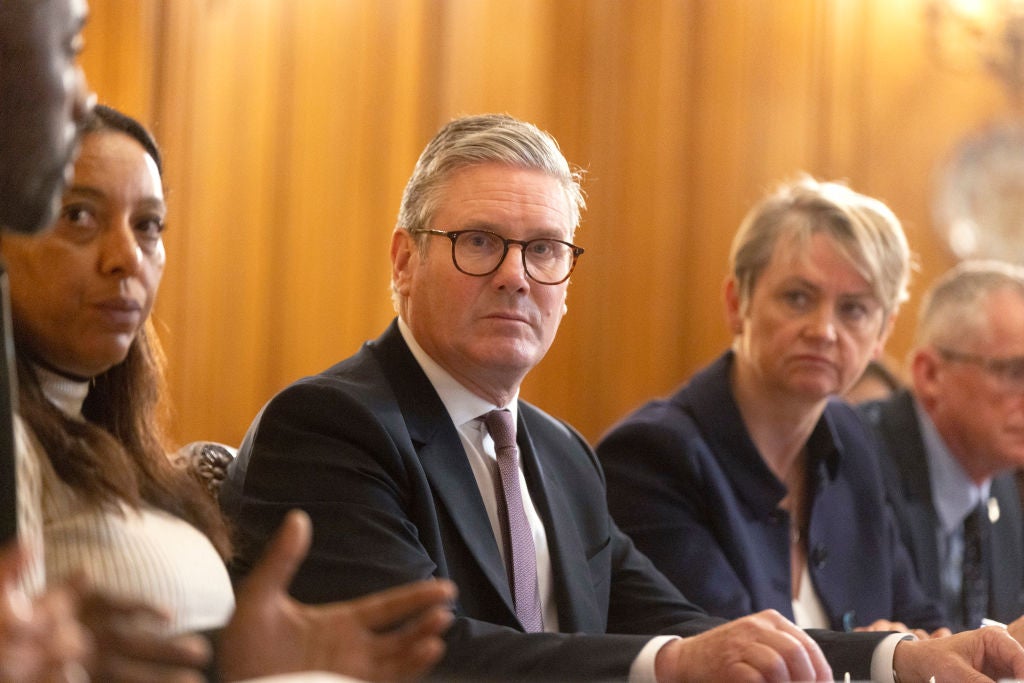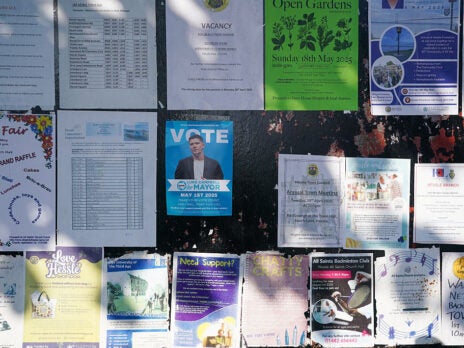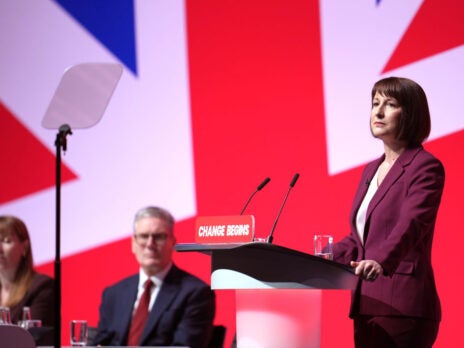
Keir Starmer’s government has leant into a pessimistic message: the inheritance from 14 years of Tory rule was far worse than anyone expected; it’s time for tough decisions; this all might be rather uncomfortable for the voter in the short and medium term. Initially, most were not particularly hostile to this framing.
But now the “difficult but necessary decisions” narrative is not working so well – out of kilter, perhaps, with the public mood. Labour’s ratings have suffered. Given the announcement that winter fuel payments will be coming to a close for many pensioners we might expect this new found unpopularity to be located primarily among the older electorate. But, worryingly for Labour, working age voters are not impressed either.
In the nascent days of David Cameron's coalition, his government ran with a similar "difficult decisions" framework. But this didn't wreck his nor his party's poll numbers in the same way it has for Labour and Starmer. Starmer's approval rating is down from 41 per cent at the start of July to 35 per cent at the end of August. A quarter of us still don't know what to make of the new Prime Minister.
It's hard to ascertain Labour's precise polling position right now. Some pollsters, for example, are nervous about their calculations following their mistakes on 4th July. But it seems, broadly speaking, that Labour's figures are down by around one point since then. The Conservatives, meanwhile, are seeing nothing in the shape of a recovery yet.
So, the party seems steady. But only sixty days into office, this could be among the worst early shifts in public opinion for a prime minister. Does it matter?
For now, hardly. There are five years until the next election. And we are in a period of politics where Labour is the only engine in the room. But, when the new Conservative leader takes to the despatch box in October we might have a clearer idea of how badly Labour has misread the mood music of the country.


